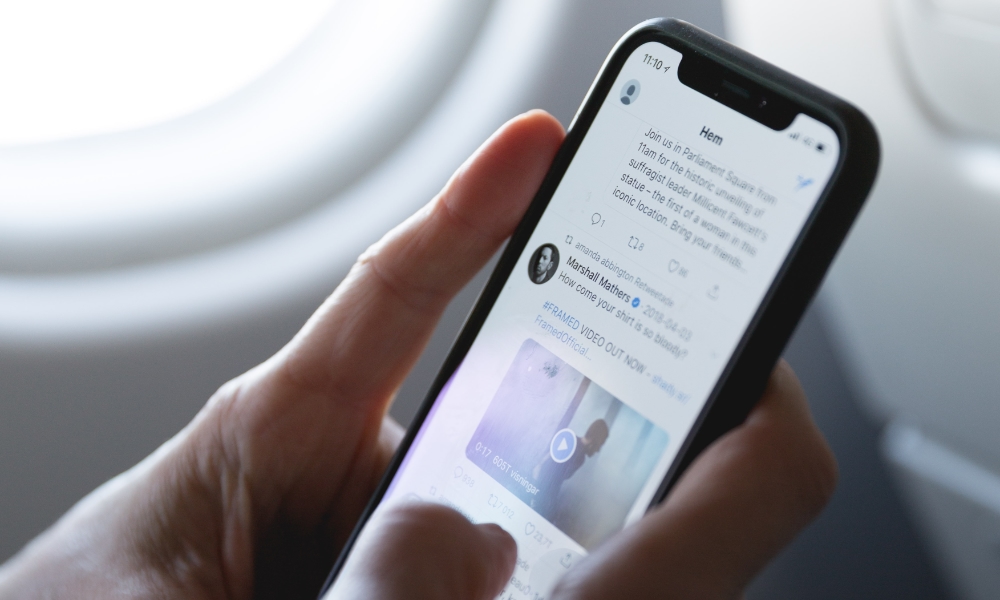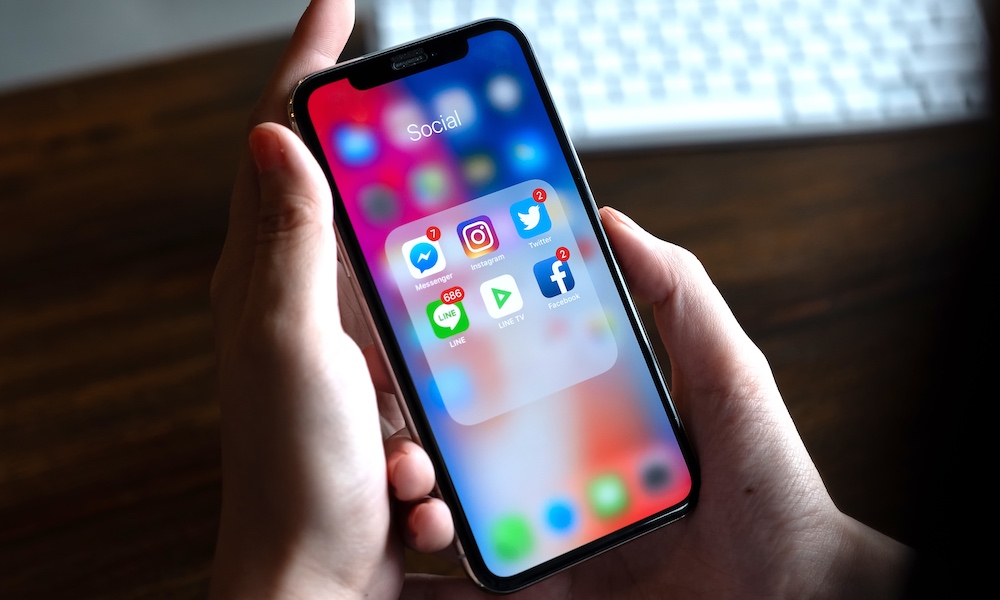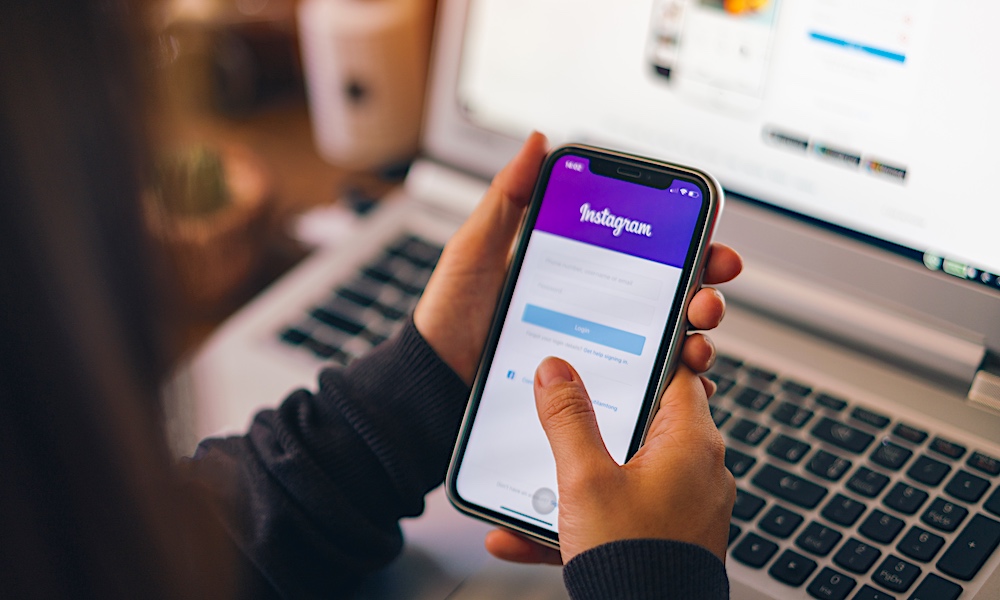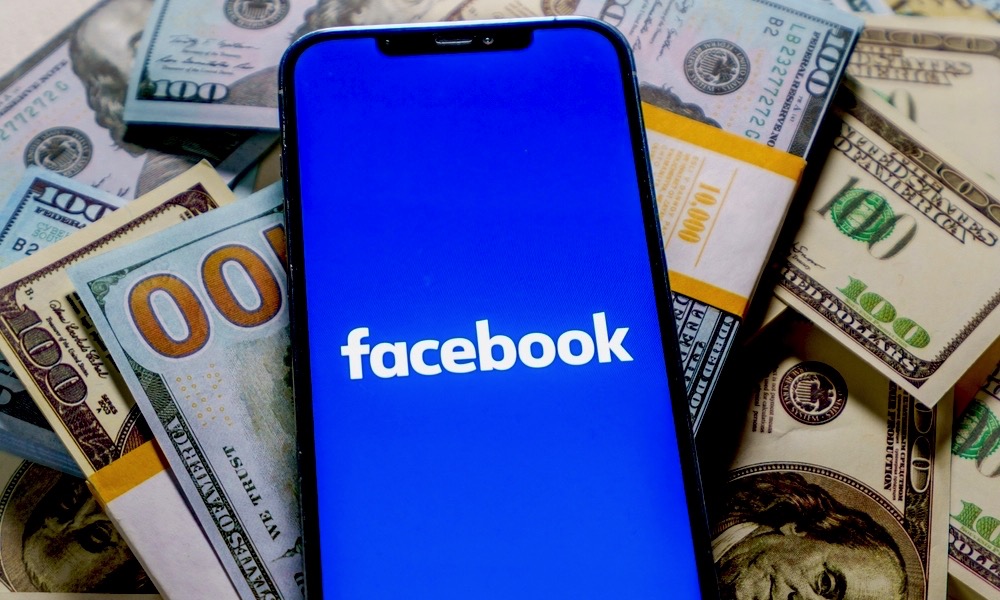11 Tips to Help Protect Your Privacy on Social Media

These days, everybody is on social media in some way. Even if you use it just to check the news or to stay in touch with your friends and family, chances are you use at least one of the big social media platforms.
Unfortunately, social media isn't just fun or addictive; it can also be risky, especially if you share too much data about yourself.
Whether we like it or not, there are countless scammers out there who will try to obtain your information and use it against you.
That's why you should be careful when using social media, no matter the platform. The good news is that there are plenty of ways to protect your social media profiles. Read on for 11 tips to help you ensure your private information stays private on social media.
Manage Your Privacy Settings
All major social media platforms have privacy settings you can tweak to your liking. Doing this will help make your profile even more secure.
There are many settings you can change, but we recommend that you start by making your account private. That way, people won't be able to see your posts until you add them as friends or followers.
Likewise, you should limit the amount of information you can share with people outside your friend group. For instance, you can hide your birthday, age, and even your friends list. The more you hide, the safer you'll be.
Don't Share Your Contact List
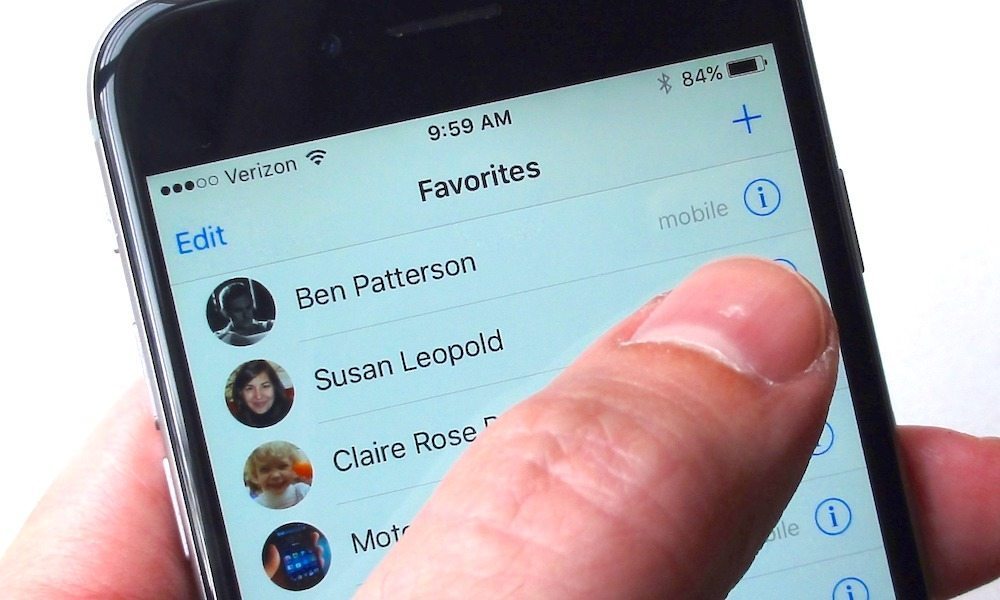
If you have any social media app installed on your phone, chances are the app has asked you to share your contact list with it.
Doing this might help you find all your friends and family in one fell swoop, but it also means you'll be sharing a bit too much information with the platform you're using.
Remember that many social media platforms can share your data with third-party companies to make a profit. Plus, if someone gets a hold of your account, they could access information on your contacts, putting other people at risk.
Last but not least, you might not want to send a friend request to all the people in your contact list. After all, you probably don't want your boss to look at your profile by accident.
Avoid Sharing Too Much Information
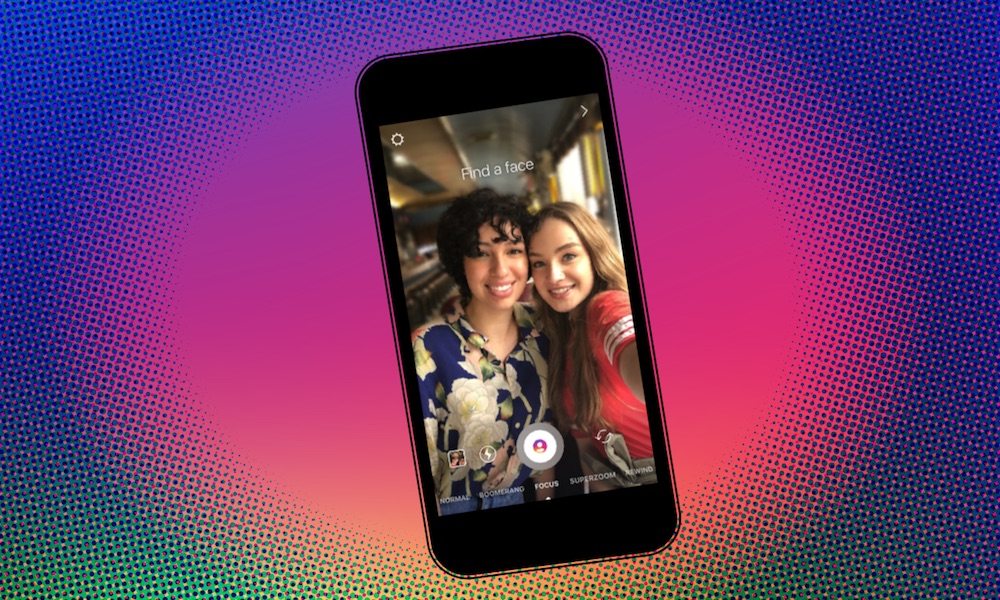
As we mentioned before, social media apps use the information you provide to show you better ads and even share your data with other companies, which is probably something you don't want.
Not only that but there have been plenty of times when a social media platform has had a security breach, leaking massive amounts of personal information on its users. It's happened to apps like Facebook, Instagram, and even LinkedIn, and it's bound to happen again.
Because of this, it's best to keep the data you share with social media platforms to a minimum. Avoid sharing things like your full name, location, or any information that you wouldn't be comfortable sharing publicly.
Avoid Sharing Your Location
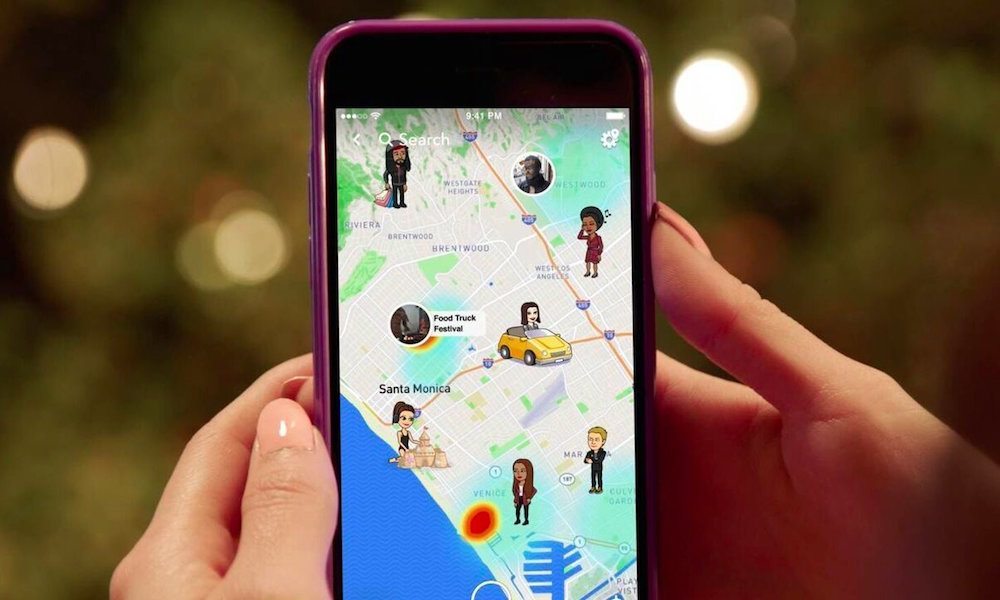
As we mentioned before, it's best to keep your location hidden when you use social media.
We're not just talking about sharing it with the platform itself; you should also avoid sharing your location when you make a post.
Doing this makes it really easy for someone to find you, which is creepy and completely avoidable.
Try Posting Pictures a Couple of Days After You Take Them
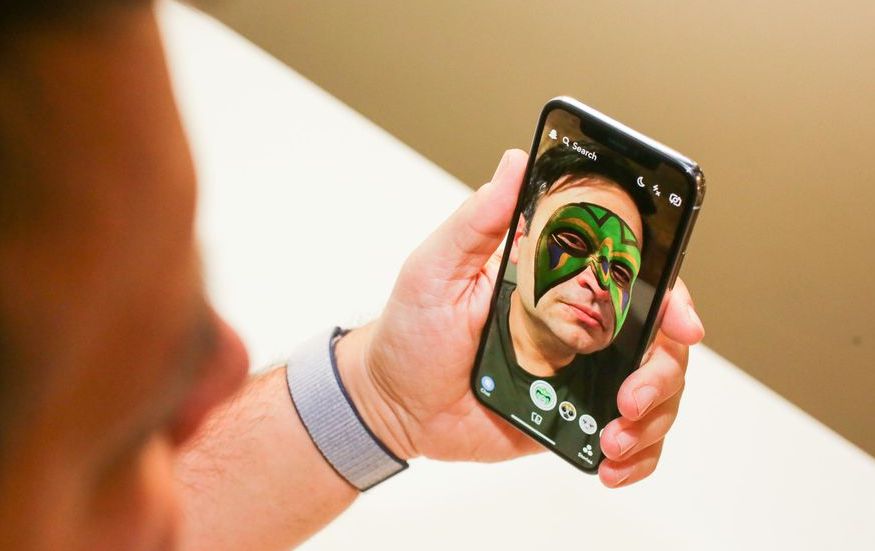
Maybe you went on vacation and want to share the location of the place you went with your friends and family. That's understandable, but you should still be careful.
Overall, it's best to share that type of location a few days after you visit it. That way, you'll be long gone by the time someone tries to visit you there.
That said, it's still best to avoid sharing the location of the places you visit, especially if you visit them often.
Think Twice Before You Post
Posting something on social media means it will be online forever, so you need to be careful with what you post.
Always make sure that what you're posting is something you're completely fine sharing with others online.
Avoid Talking to Strangers
This tip applies both online and in real life. You should always be careful when talking to strangers, especially people who randomly reach out to you online.
There are countless types of scams people use to get the better of you. It might be someone pretending to be a big company offering a price to you. Or it might be a scammer pretending to reach out to offer an amazing investment opportunity.
Whatever the reason is, you should always be careful when talking to people online. If possible, try looking at their pictures to see if they look real. Moreover, try looking at their friends and posts to make sure it's not a scam.
Even if the person is real, never share information with them online. Avoid talking about your finances, credentials to log in to your other profiles, or any type of information they can use against you.
And, of course, never click on a link they sent you, especially if you don't know them very well.
Create a Strong Password
Using a really good password is the first step to keeping your account safe and private. If you use a password like "123456," anyone with your email address or username will be able to access your account.
Instead, try using letters, numbers, and special characters. Avoid using dates that mean something to you, like your partner's birthday or your anniversary.
Furthermore, you should enable two-factor authentication whenever the platform allows it. This method requires you to authorize every attempt to log in to your account, giving you an extra layer of protection we all could use.
Use Different Passwords on All Your Accounts
If someone gets ahold of your username and password, they'll likely try to use the same credentials to log in to your other social media profiles.
To avoid this, use a different password on all your online profiles. Yes, it's hard to keep track of all of them, but it'll be worth it. Plus, you can always use a password manager, so you don't have to remember everything yourself.
If you really don't want to use a different password, at least make sure to use a different password for your important accounts, like your bank or brokerage accounts.
Don't Access Your Social Media Accounts in Public
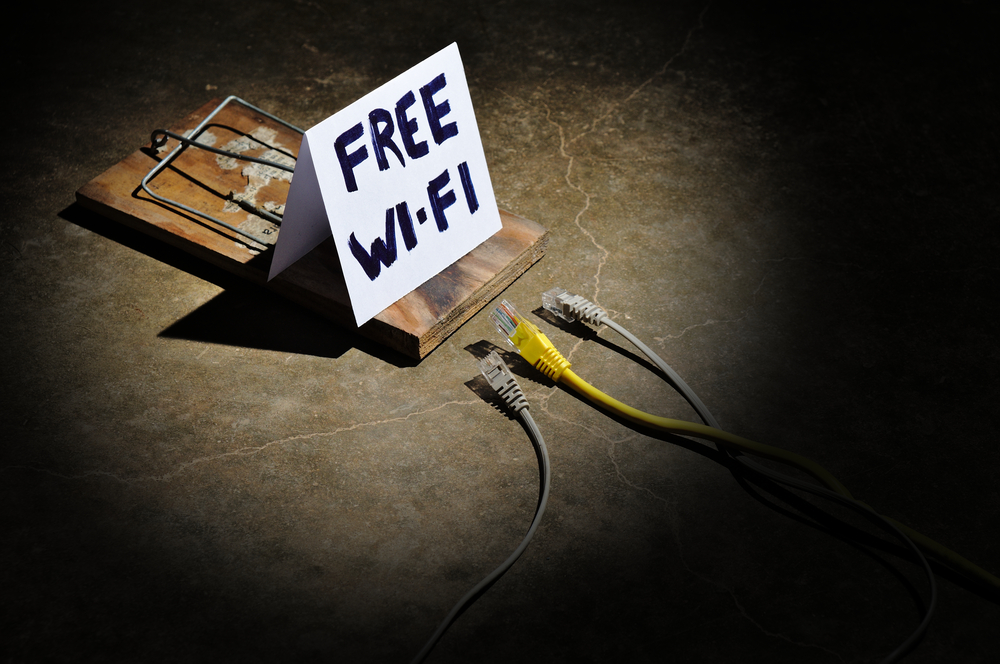
Nowadays, it's really easy to access the web. For starters, there's free Wi-Fi everywhere we go. Not only that, but you can find a public computer or device if you need to.
Unfortunately, as handy as these things are, they're still not safe, and you definitely don't want to risk your social media accounts with them.
For starters, public Wi-Fi networks are often used to get a hold of your data. A criminal could potentially get a hold of your credentials and use them whenever they want. If you must use a public network, be sure to use a VPN to keep things safer.
Likewise, if you need to use a computer other than your own to log in to your account, make sure to log out before you leave the computer. You can also use Incognito mode. Granted, that won't make you 100% safe, but you'll at least be able to close your account quickly if you need to.
Don't Accept Every Friend Request
There will be a time when you get a friend request from someone you don't know. While you might not think much of it, accepting that friend request means you're giving the other person access to your profile and all your posts.
As a general rule, it's best not to accept all the requests you get. Beforehand, check their profile to make sure you know them or if they know your friends or family.
If you want to take it one step further, go over your friends or followers list and remove anyone that you don't know or like. Also, get rid of any fake profiles that don't have a profile picture or use a fake name. Not only will you keep your profile clean, but you might also get rid of possible scammers.


